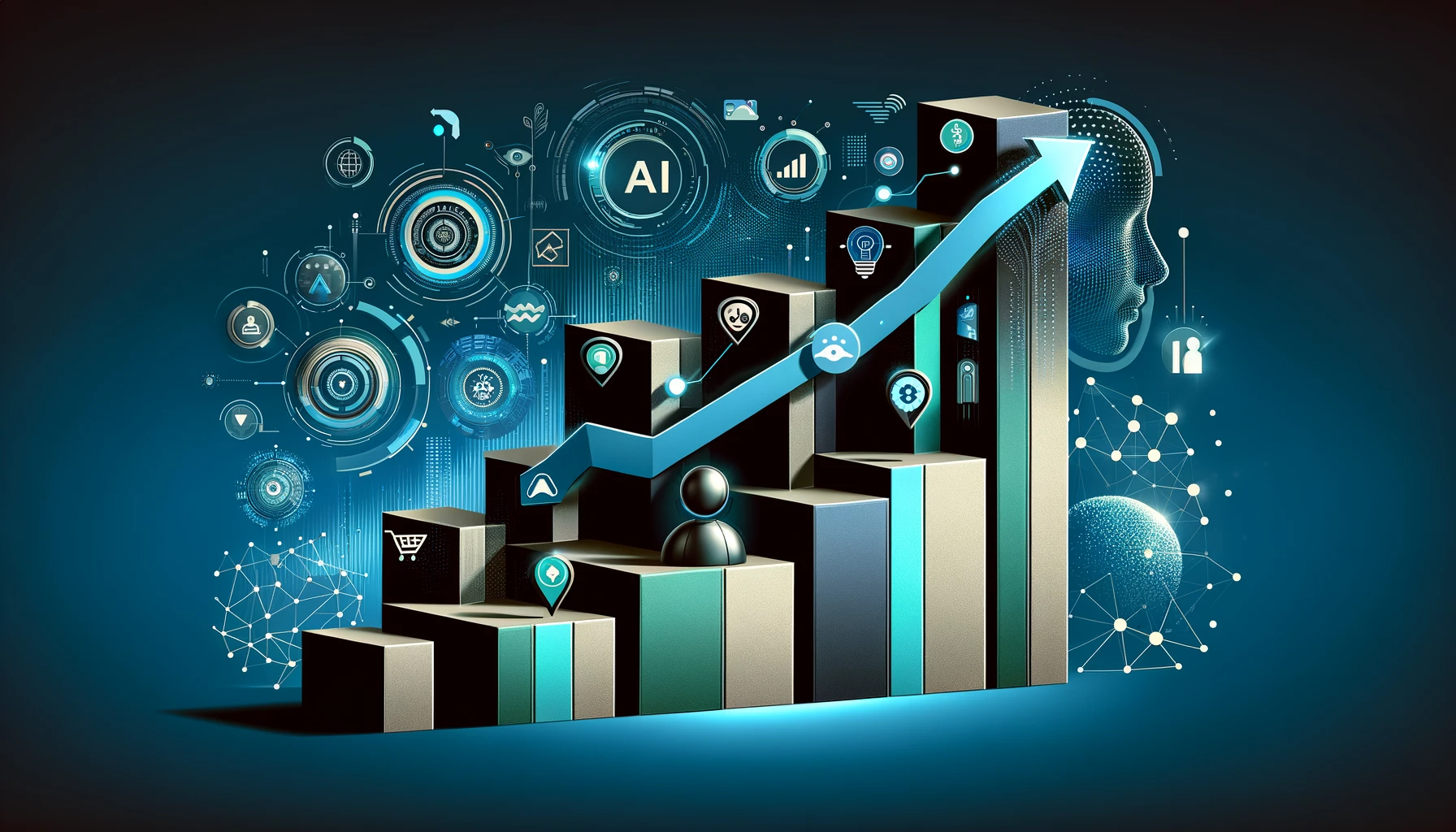OpenAI CEO Sam Altman on the Future of AI
Sam Altman, the CEO of OpenAI, believes that the future of artificial intelligence (AI) lies in exploring new methods of constructing AI models beyond traditional training methods. Altman asserts that similar to how humans cannot absorb infinite knowledge from textbooks, he is of the opinion that AI models will not just require an increasing amount of data to advance.

Speaking at the 20th Aspen Ideas Festival in Colorado, Altman drew parallels between the evolution of AI and significant historical milestones such as the discovery of agriculture or the industrial revolution. He expressed his excitement about the transformative potential of AI tools, emphasizing that these innovations will shape the future we collectively inhabit.
Challenges and Concerns
Despite Altman's optimism, many professionals in various industries, particularly those in the arts and entertainment fields, harbor apprehensions about the proliferation of advanced AI technologies. Companies like OpenAI face allegations of utilizing copyrighted material in training their AI models, sparking concerns about intellectual property rights.

Moreover, the rise of deepfakes and AI-generated misinformation on online platforms has raised alarms regarding the ethical implications of AI development. Altman acknowledges the inevitability of AI being exploited for malicious purposes, especially in contexts like political elections where deepfake technology can be misused.
Criticism and Response
OpenAI has faced criticism, notably regarding their voice assistant, Sky, which drew comparisons to the voice of actress Scarlett Johansson. Altman clarified that the voice was not an imitation of Johansson's but rather the natural speaking voice of a different actor hired by the company. Despite scrutiny, OpenAI remains dedicated to transparency regarding their AI technologies.

The Evolution of AI
Altman, alongside Brian Chesky, co-founder and CEO of Airbnb, discussed the ongoing development of AI at the Aspen Ideas Festival. Reflecting on the trajectory of AI advancements, Altman emphasizes that AI technologies, even at the forefront of innovation, are ultimately tools rather than autonomous entities. He envisions AI as a continuum of progress rather than a final destination.
As the AI industry grapples with the concept of artificial general intelligence, Altman underscores the importance of ethical considerations and responsible development practices. While acknowledging the competitive nature of AI development, Altman emphasizes the collective responsibility of companies to navigate the ethical challenges posed by advancing technologies.





















